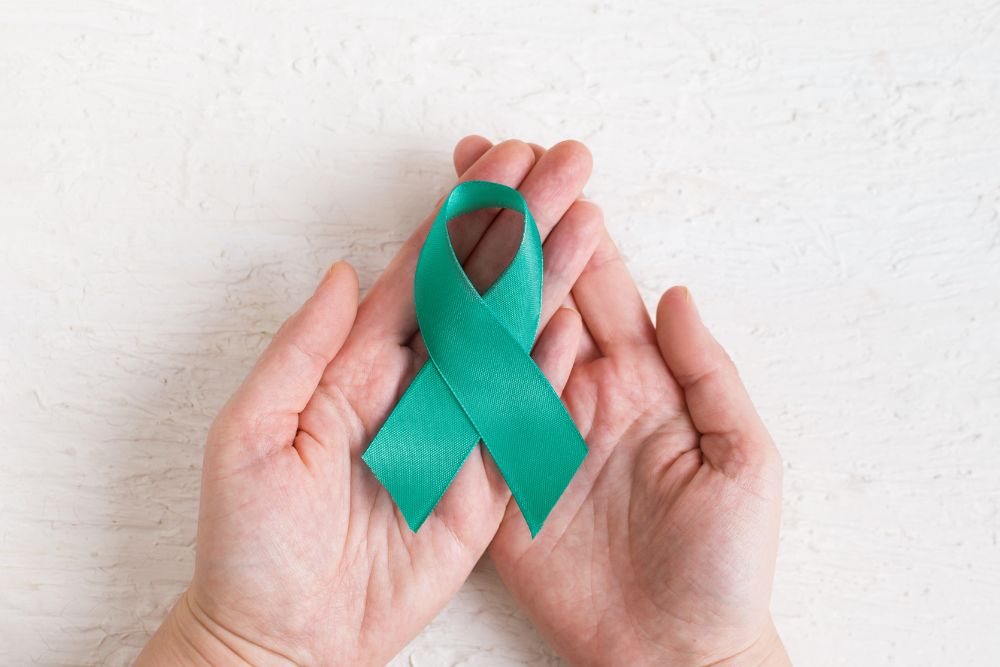Myths & Facts About Endometriosis

Although relatively common, affecting about 10% of women of reproductive age, endometriosis can be difficult to diagnose. Symptoms of endometriosis closely resemble normal menstrual symptoms or other conditions such as irritable bowel syndrome (IBS), and pelvic inflammatory disease, meaning many women are often misdiagnosed. Additionally, the complexity and confusion around endometriosis have resulted in a series of misconceptions about the disease that further distance many from appropriate treatment.
If you are at risk or believe you may have endometriosis, familiarize yourself with the right information and talk to your healthcare provider about your symptoms. If left untreated, endometriosis can result in prolonged pain and fertility issues.
Myth #1: Endometriosis only affects the uterus.
Fact: While endometriosis involves the growth of tissue similar to that of the uterine lining, this tissue grows outside of the uterus, reaching the ovaries, fallopian tubes, and the lining of the stomach and/or pelvis. Although rare, more recent studies have found that endometriosis can affect organs as far from the pelvic region as the lungs. As the endometrial-like tissue grows, it also thickens and deconstructs as normal endometrial tissue would. In the uterus, this tissue would exit through the vagina, but in other parts of the body, it becomes trapped, resulting in inflammation, scar tissue, adhesions, and cysts.
Myth #2: A heavy, painful period is normal.
Fact: Although women do experience varying degrees of pain and blood loss during their periods, those who cannot carry out their normal activities due to their symptoms may be experiencing a deeper issue such as endometriosis. An abnormally heavy flow is typically characterized by one or all of the following symptoms:
- Continuously soaking through pads and/or tampons every hour
- Needing to double up on sanitary products
- Passing blood clots larger than a quarter
Some additional indicators of endometriosis that can be confused with menstrual symptoms include:
- Lower back/pelvic pain
- Painful bowel movements
- Pain during sex
- Fatigue
If you are experiencing any of the mentioned symptoms, and are unable to go-about your daily routine, it is imperative that you speak with your doctor.
Myth #3: Endometriosis always causes pain.
Fact: Although a majority of women experience severe pain with endometriosis, some do not experience any. According to the Journal of Assisted Reproductive and Genetics, about 20 to 25% of endometriosis patients are asymptomatic and are often only recognized because of fertility issues. If you are concerned about asymptomatic endometriosis, here are some risk factors that can help indicate whether you are susceptible to the condition:
- Starting your period at an early age (before age 11)
- One or more relatives with endometriosis
- Short menstrual cycle (less than 27 days)
- Heavy periods that last more than 7 days
- Low body mass
If your doctor believes you to be at risk for endometriosis, they may conduct a pelvic exam and/or request an ultrasound or MRI. However, a true diagnosis of endometriosis typically requires a minor surgical procedure called a laparoscopy. This helps your doctor visualize abnormal tissue growth and collect a biopsy.
Myth #4: A hysterectomy and/or birth control pills are a cure for endometriosis.
Fact: Unfortunately, there is no cure for endometriosis. For extreme cases, a hysterectomy is recommended, however, the condition can reoccur, and lesions may continue to exist on other organs even after uterine removal. Birth control pills are also not a cure for endometriosis, but they can help manage and/or suppress symptoms. Other methods of treatment may include anti-inflammatory drugs, hormone therapy, and/or surgery, depending on the severity of the case.
Myth #5: Pregnancy is not possible with endometriosis.
Fact: Although difficult, pregnancy with endometriosis is possible. With appropriate treatment, such as surgery to remove endometriosis implants from the reproductive organs, the chances of pregnancy significantly increase. Additionally, many women with endometriosis greatly benefit from fertility treatments such as IVF or egg donation. If you have endometriosis and are wishing to get pregnant, talk to your doctor about the options that are best for you.


